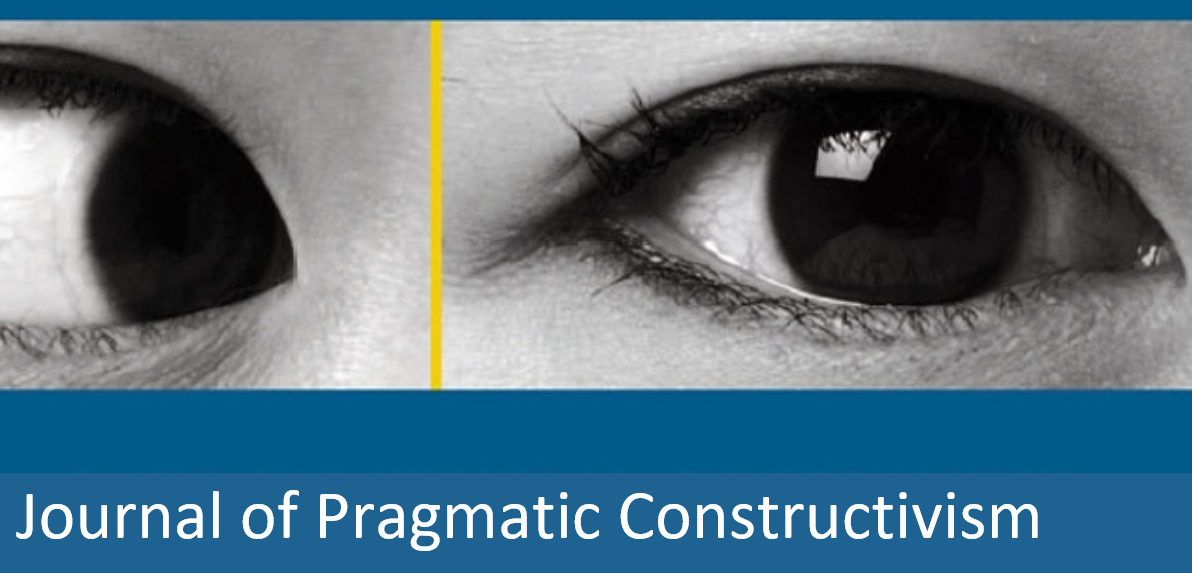The Language Game of Goodness
DOI:
https://doi.org/10.7146/jopracon.v11i1.127249Keywords:
Good, Bad, BestAbstract
In a performance culture, the individual who manages to be the best, is glorified. The rest become marginalised or even excluded from the community. The right to define what is the best is often in the hands of few, and most often these criteria have roots in a form of emotivism. The criteria are thereby weakly defined, and bendable in favour of those who seem to have taken control. In response to the aim of being the best, Lennart Nørreklit develops a conceptual framework for being good, the language game of goodness. A society based on goodness, and the ethics of being good are inclusive because being good is simultaneously possible for a community of people. The paper contributes with a highly critical discussion of the performance society, and it provides an alternative for organising societies.
Downloads
Published
How to Cite
Issue
Section
License
Previous and future use of the work
Journal of Pragmatic Constructivism assumes the non-exclusive rights to publish and store the work of its authors, once they have consented to a publication. Since the rights to publish are non-exclusive, authors are free to further develop their work and to publish it in other media. Hence, it is explicitly allowed that works submitted to Journal of Pragmatic Constructivism may be published in a somehow similar, but further deveoped, form in other media. Yet, submitting authors warrant that the work is not an infringement of any existing copyright and will indemnify the publisher against any breach of such warranty.
Permissions
By submitting work to Journal of Pragmatic Constructivism, the authors declare that they have permission to use any content that has not been created by them. Specifically, when using tables, figures or excerpts of more than 400 words, it is expected that the authors…
- …obtain written permission of copyright for the use in print and electronic formats of any of their text, illustrations, graphics, or other material, in their work. This includes any minor adaptations.
- …acknowledge the original source in captions and in the reference list.





